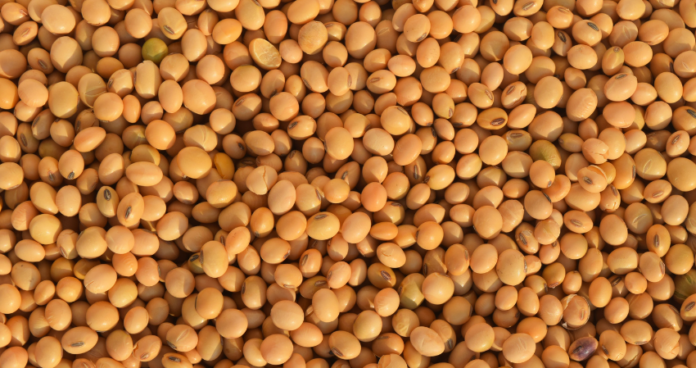In a sudden move, Prime Minister Shehbaz Sharif has suspended Farzana Altaf Shah, Director General of the Pakistan Environmental Protection Agency (Pak-EPA) and Chairperson of its Technical Advisory Committee (TAC), for 120 days under Rule 5(1) of the Civil Servants (E&D) Rules, 2020. The notification did not specify reasons, but sources say the action followed Shah’s refusal to approve the import of genetically modified (GMO) soybean meal for a major poultry feed company without proper biosafety checks.
Insiders allege that Shah faced intense pressure from influential figures, including a former bureaucrat-turned-politician and Climate Change Secretary Aisha Humera Chaudhry, to greenlight the imports. Despite initial resistance, Shah eventually convened a TAC meeting that recommended approval—prompting the National Biosafety Committee (NBC) to schedule an urgent meeting. However, the process stalled after the All Pakistan Solvent Extractors Association (APSEA) raised alarms in a letter to the PM.
APSEA questioned how the TAC approved GMO soybean meal imports within 24 hours without a risk analysis or biosafety measures. The group warned that unchecked imports could devastate local oilseed processors, who already meet 100% of domestic soybean meal demand. They cited past incidents of substandard imports, including contaminated shipments from India rejected by authorities.
The poultry industry, however, accused APSEA of inflating prices, arguing that imported GMO meal is cheaper and higher quality, with lower aflatoxin levels than local produce. They noted that the government had previously allowed GMO soybean seed imports, claiming the same logic should apply to meal.
When contacted, Secretary Chaudhry denied Shah’s suspension was tied to the GMO dispute, stating she had been warned months earlier to improve transparency in licensing. “There are always industry concerns; this wasn’t the main reason,” she said. Shah could not be reached for comment.
The controversy follows earlier contentious approvals for GMO soybean seeds, sparking fears that Pakistan’s non-GMO agricultural exports—and compliance with the Cartagena Protocol on biosafety—may be at risk. With stakeholders divided, the government faces mounting pressure to clarify its stance on GMO regulation.
























